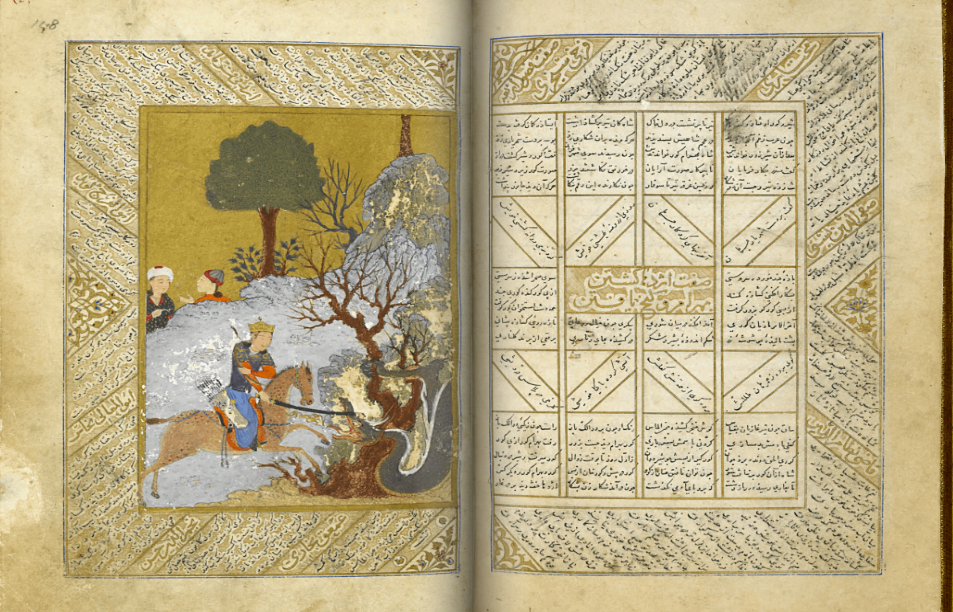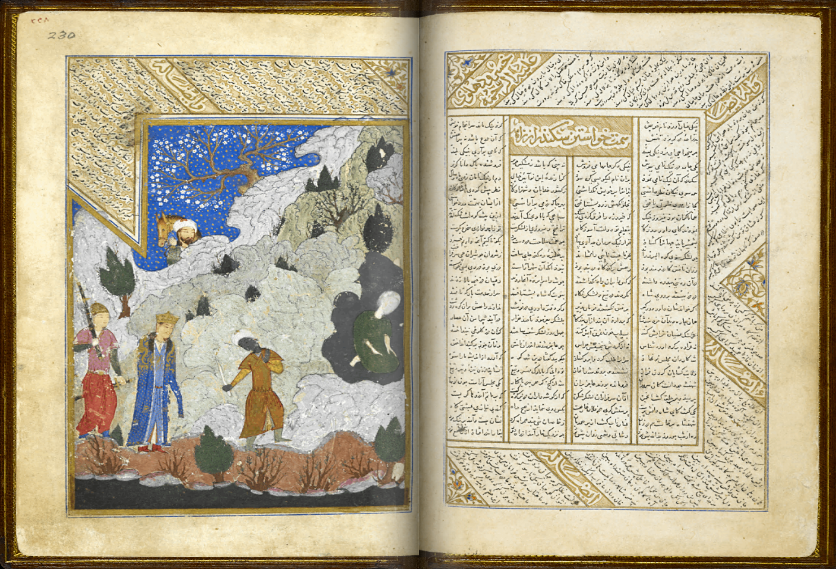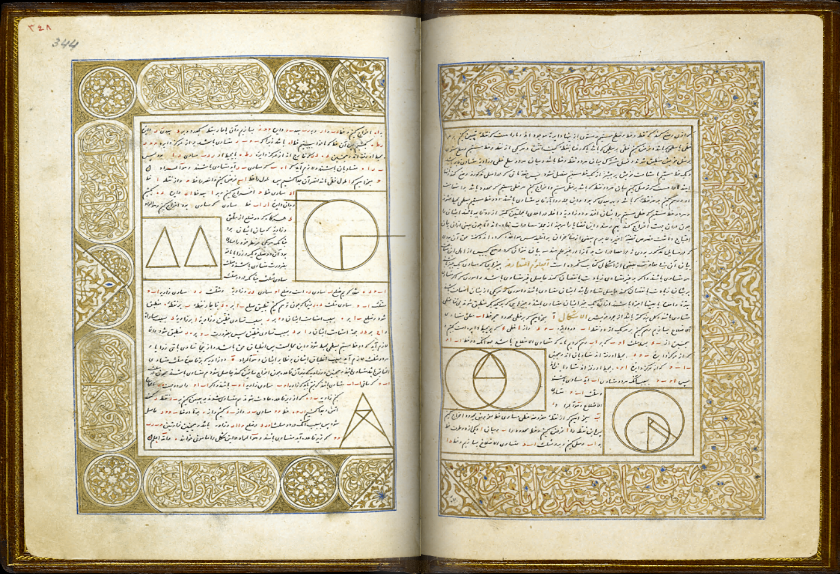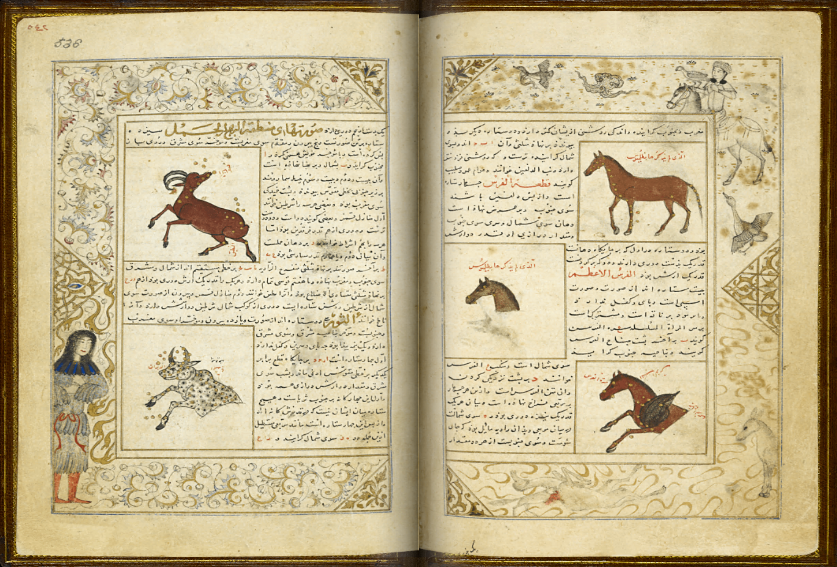Important note: The NY Times has retracted the story at the heart of their award-winning Caliphate podcast. The alleged terrorist they interviewed has been charged by the Canadian government for perpetrating a terrorist hoax.
For the past several weeks, I have been listening to the NY Times’ fantastic and unsettling podcast series Caliphate. The series follows Times foreign correspondent Rukmini Callimachi as she attempts to figure out the inner workings of ISIS. Callimachi and her producer & fellow reporter Andy Mills talk to an Islamic State member from Canada about how he was recruited, investigate the group’s organization, and dig through documents left behind by ISIS as they were driven out of Mosul in July 2017. The podcast is quite upsetting and tough to listen to at times, but I highly recommend doing so.
Here are a few things I kept thinking about while listening:
1. The recruitment process is fascinating. As Callimachi and the recruit talk about how he was persuaded to join up, you can see how young people are enticed by the promise of an Islamic state, of living an ideologically pure life according to one’s religion. What the ISIS recruiters tell them makes sense, it’s logical. (It’s all the things they don’t tell them…therein lies the rub.)
2. The eerie parallels between ISIS and an American business. They’ve got the onboarding process and the rapid expansion plan of a startup like Uber (down to the “ask forgiveness, not permission” tactics). They use tools like YouTube, Tumblr, and Twitter to market themselves with professionally produced videos and marketing materials. When they seized power in an area, ISIS kept much of the existing bureaucracy in place and set about winning hearts and minds by improving services for the people living there.
The world knows the Islamic State for its brutality, but the militants did not rule by the sword alone. They wielded power through two complementary tools: brutality and bureaucracy.
ISIS built a state of administrative efficiency that collected taxes and picked up the garbage. It ran a marriage office that oversaw medical examinations to ensure that couples could have children. It issued birth certificates — printed on Islamic State stationery — to babies born under the caliphate’s black flag. It even ran its own D.M.V.
The documents and interviews with dozens of people who lived under their rule show that the group at times offered better services and proved itself more capable than the government it had replaced.
In the podcast, they talked to residents living in ISIS-controlled areas who say that garbage collection and availability of electricity improved after ISIS took over.
As the group grew, they diversified their income:
One of the keys to their success was their diversified revenue stream. The group drew its income from so many strands of the economy that airstrikes alone were not enough to cripple it.
Ledgers, receipt books and monthly budgets describe how the militants monetized every inch of territory they conquered, taxing every bushel of wheat, every liter of sheep’s milk and every watermelon sold at markets they controlled. From agriculture alone, they reaped hundreds of millions of dollars. Contrary to popular perception, the group was self-financed, not dependent on external donors.
More surprisingly, the documents provide further evidence that the tax revenue the Islamic State earned far outstripped income from oil sales. It was daily commerce and agriculture — not petroleum — that powered the economy of the caliphate.
ISIS was in some ways a model business: adept at PR and marketing, focused on the financial bottom line, sweated the details, and they wanted to keep their “customers” happy.
3. The stated goal of ISIS in establishing a caliphate — to turn back the cultural clock to the time of Muhammad — reminded me slightly of similar efforts here in the US: MAGA, etc.
The podcast is available at Apple or on Spotify. If you are a NY Times subscriber, you get early access to episodes.
See also a 5-minute history of the war in Syria and the rise of ISIS and my past recommendation of the Slow Burn podcast.

It’s relatively difficult to find decent shortlists of the most beautiful books ever made. Here’s an all-European one made by a medievalist and facsimile expert, with the Lindisfarne Gospels as number one.
I wonder where the Miscellany of Iskander Sultan might fit in if you made the list worldwide. It’s 15th century, Persian, tiny, and gorgeous. It’s certainly one of the most beautiful books, cover to cover, I’ve ever seen. (You can peruse the pages at the British Library’s website).

Its content is also much more my speed:
Imagine being a position to commission a magnificent one-volume selection of the reading matter you would most like to carry around on your travels - a kind of miniature personal library. With no expense spared, you could order the most skilful calligraphers in the land to write it, the best painters to illustrate it, the best illuminators to decorate it, the best binders to bind it…
[The 23 texts in the Miscellany] include a wide-ranging selection of religious, narrative and lyrical poetry; in prose, there are treatises on astronomy and astrology, geometry, medicine, farriery, alchemy, history, and Islamic law.
It’s just 5” by 7”. This was a personal book, fashioned to look like a jewel box.

It’s a Borgesian fantasia.
Although the paintings are marvelous, it is the formatting of the text that makes the book truly striking. The manuscript is collage-like in appearance. The text is arranged like a work of architecture, each chunk of calligraphy interlocking with another like the pieces of a puzzle box. The gathered excerpts that comprise the Miscellany are stitched together on its pages like patches on a quilt. Sections of text stack on top of one another, interlaced like fretwork. Bursts of flowers and tangles of vines fill the empty spaces between sections of writing. In one spread, a poem sits in a block at the center of each page, while another poem radiates out from it like rays of light. In another, a bright painting fills the page, while a golden block of text zigzags around its corner. The pages of this book cannot be read in the usual way. They must be navigated and explored, wandered through like labyrinths.

How exciting is that?
Writing for New Humanist, Brian Whitaker writes about the rise of atheism in the Arab world. The differences between atheism in Christian societies and Arab ones include political considerations, how science is viewed, and how scripture is interpreted.
While there’s little doubt that an Islamic reformation would benefit the Middle East socially and politically, atheists cannot advocate this without sacrificing their principles. Progressive versions of Islam generally view the Qur’an in its historical context, arguing that rules which applied in the time of the Prophet can be reinterpreted today in the light of changing circumstances — but that involves accepting the Qur’an as the supreme scriptural authority.
The status of the Qur’an is a particularly important issue for both followers and opponents of Islam. Whereas Christians usually consider the Bible as divinely inspired but written by humans, the Qur’an is claimed to be the actual words of God, as revealed to the Prophet Muhammad by the Angel Gabriel (Jibril in Arabic).
In the New Yorker, Salman Rushdie describes how quickly his entire life changed after Iran’s Ruhollah Khomeini issued a fatwa calling for Rushdie’s “execution”.
He unlocked the front door, went outside, got into the car, and was driven away. Although he did not know it then — so the moment of leaving his home did not feel unusually freighted with meaning — he would not return to that house, at 41 St. Peter’s Street, which had been his home for half a decade, until three years later, by which time it would no longer be his.
The article is excerpted from Rushdie’s memoir, Joseph Anton, which comes out next week. Joseph Anton was the name Rushdie adopted in hiding and, now that I think about it, explains why the NYer piece was written in the third person.
Omar Hammami was a fairly normal kid from a small town in Alabama — “as a teenager, his passions veered between Shakespeare and Kurt Cobain, soccer and Nintendo” — who is now in Somalia, leading terrorist attacks for a group called Shabab, which is loosely affiliated with Al Qaeda.
In the three years since Hammami made his way to Somalia, his ascent into the Shabab’s leadership has put him in a class of his own, according to United States law-enforcement and intelligence officials. While other American terror suspects have drawn greater publicity, Hammami exercises a more powerful role, commanding guerrilla forces in the field, organizing attacks and plotting strategy with Qaeda operatives, the officials said. He has also emerged as something of a jihadist icon, starring in a recruitment campaign that has helped draw hundreds of foreign fighters to Somalia. “To have an American citizen that has risen to this kind of a rank in a terrorist organization - we have not seen that before,” a senior American law-enforcement official said earlier this month.
See also a New Yorker article about Adam Gadahn, an American who is now a member of Al Qaeda.
A short list of What Every American Should Know About the Middle East.
Arabs are part of an ethnic group, not a religion. Arabs were around long before Islam, and there have been (and still are) Arab Christians and Arab Jews. In general, you’re an Arab if you 1) are of Arab descent (blood), or 2) speak the main Arab language (Arabic).
A companion list of what every resident of the Middle East should know about the US might also be helpful. (via chris glass)
When you’re a Muslim in orbit, how do you determine which way Mecca is and how often you need to pray? “The ISS is more than 200 miles from the Earth’s surface and orbits the earth every ninety-two minutes, or roughly sixteen times a day. Do we have to worship eighty times a day (sixteen orbits a day multiplied by five prayer times)?”
Interview with Edward Castronova, video game economist. Quite an interesting thought from him about using MMORPGs to test economies and social systems. “I think the smart thing for the US state department to do today is build a game about Islam but make it a democracy. And set it up so that every 16-year-old from Morocco to Pakistan can go into that world when they get a computer. Not say anything overt about democracy but have them play — have them vote, for example.” (via bbj)









Stay Connected